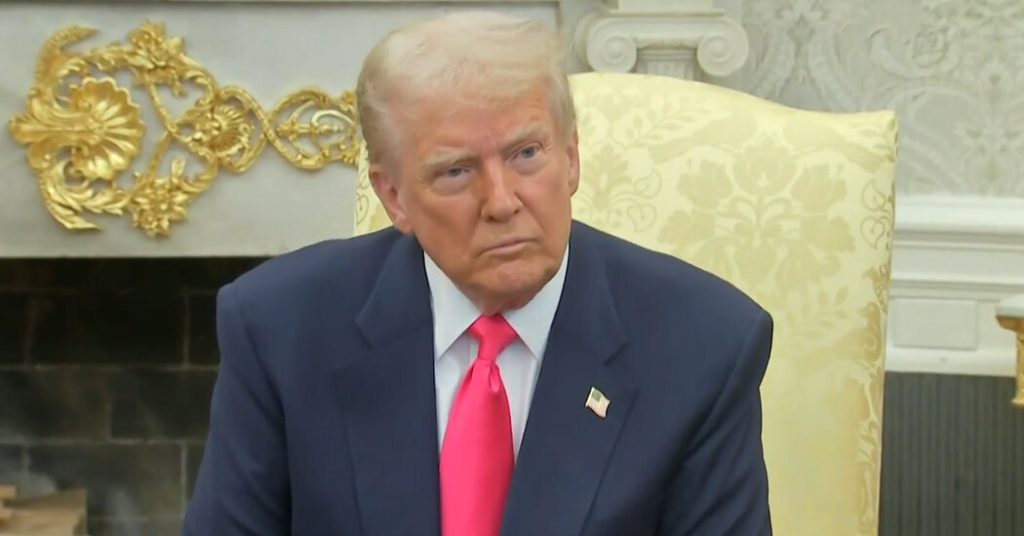1. Introduction: The Incident and Its Significance
In a recent meeting with the Irish Prime Minister Micheál Martin, President Donald Trump sparked controversy by referring to Senator Chuck Schumer as "a Palestinian," a term Jewish and Muslim groups condemned as a racial slur. This incident occurred during a discussion about tax cuts, where Trump criticized Democrats, notably targeting Schumer. The backlash from various organizations highlights the sensitivity and implications of such rhetoric, drawing attention to issues of identity, race, and political strategy.
2. Trump’s Comments: Context and Implications
President Trump’s remarks, directed at Senator Schumer, the highest-ranking Jewish official in the U.S., were perceived as demeaning. By stating Schumer is "no longer Jewish" but "a Palestinian," Trump’s words tap into deeper narratives of identity and belonging. This labeling not only targets Schumer but also reflects broader tensions in identity politics, where loyalty and identity are called into question based on political alignment.
3. Jewish Organizations’ Response: Condemnation and Context
Leaders from Jewish organizations swiftly condemned Trump’s comments. Amy Spitalnick of the Jewish Council for Public Affairs and Halie Soifer of the Jewish Democratic Council of America highlighted the antisemitic undertones, suggesting Trump’s words perpetuate harmful stereotypes. They emphasized the division Trump’s rhetoric fosters, particularly between Jewish and Muslim communities, and its potential to alienate Jewish voters further.
4. Muslim Organizations’ Response: Solidarity andConcern
Nihad Awad of CAIR, the largest Muslim civil rights group, also denounced Trump’s remarks, viewing them as dehumanizing and divisive. Awad, who is Palestinian, noted the broader implications of Trump’s language, which he believes legitimizes oppression and drives a wedge between communities. This reaction underscores the unity among Jewish and Muslim groups in opposing such rhetoric.
5. Broader Implications and Context
The timing of Trump’s comments coincided with heightened political tensions, as Senate Democrats opposed a Republican funding bill, increasing the likelihood of a government shutdown. Schumer’s upcoming book on antisemitism adds context to his prominence in these discussions. The comments reflect ongoing strategies to polarize communities, impacting not just political discourse but also interfaith relations.
6. Conclusion: Significance and Potential Impact
The backlash against Trump’s remarks highlights the sensitivity around racial and religious rhetoric in public discourse. The responses from Jewish and Muslim leaders underscore the enduring need for inclusive dialogue and respect for diversity. As political tensions rise, such incidents remind us of the importance of addressing identity politics with care and understanding to foster unity rather than division.


